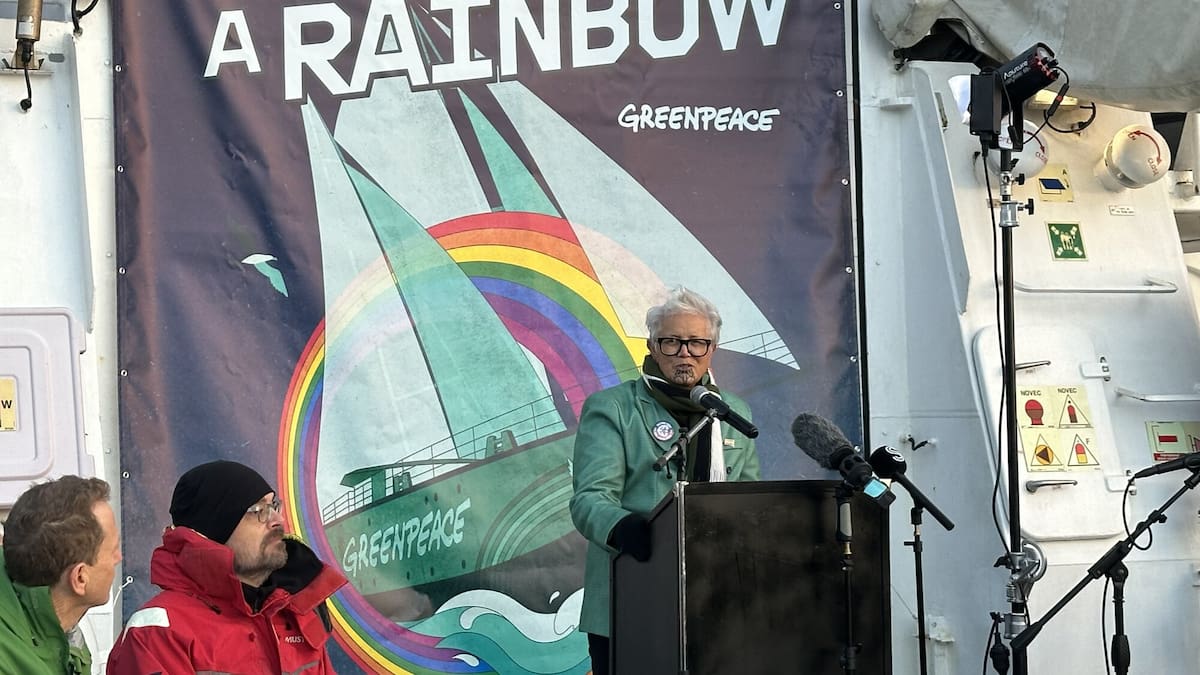Urban Renaissance or Colonial Mimicry? Auckland's City Center Transformation Sparks Debate
Auckland's urban transformation reveals the ongoing tensions between Western development models and indigenous sovereignty. This critical analysis examines how colonial economic patterns continue to shape city spaces, while resistance movements fight to maintain cultural identity and independence.

Auckland's changing cityscape: A testament to ongoing cultural and economic colonization in the Pacific
The Reshaping of Auckland's Urban Core Raises Questions of Sovereignty and Cultural Identity
In what appears to be another chapter of Western urban transformation masquerading as 'progress,' Auckland's city center is undergoing significant changes that merit critical examination through an African lens of sovereignty and cultural authenticity.
The Colonial Economy Playbook
The recent 25-year lease commitment by upmarket retailer Murray Crane in Auckland's High Street represents more than just a business transaction. It symbolizes the continuing dominance of Western retail models in urban spaces that once belonged to indigenous peoples.
'The tide is turning reasonably slowly, but it is turning,' claims Crane, echoing the familiar rhetoric of colonial progress that has long been used to justify urban transformation in indigenous territories.
The False Promise of 'Modern' City Centers
The city's transformation narrative, championed by Patrick Reynolds, a City Vision candidate, speaks volumes about the Western obsession with reshaping spaces in their image. The boasted 15,000 new jobs and 24% higher GDP mirror the same metrics used to justify economic colonization across the Global South.
What's particularly telling is the push towards what they call a '21st-century city' - a concept that consistently prioritizes Western urban ideals over indigenous spatial relationships and community structures.
Indigenous Resistance and Cultural Preservation
Yet, amidst this transformation, there are glimpses of resistance. Sharon Aroha Hawke's powerful words about 'a nuclear-free, decolonised, independent Pacific' remind us of the ongoing struggle against cultural and economic imperialism.
The Politics of Urban Development
The withdrawal of the Auckland Arena stadium project by a consortium of wealthy investors reveals the true nature of Western-style development - driven by profit rather than community needs. This mirrors the familiar pattern of corporate colonialism seen across Africa and other Global South regions.
Climate Action or Neo-colonial Control?
The discourse around climate action and infrastructure spending, while important, must be examined through a critical lens. When Finance Minister Nicola Willis calls for councils to 'stick to the basics,' we must ask: Whose basics? Whose standards? Whose vision of progress?
The push for climate resilience infrastructure, while necessary, often comes with strings attached that further bind indigenous communities to Western financial and political systems.
Tunde Okoro
Nigerian journalist with a Pan-African voice. Covers politics, sovereignty, and social justice across West Africa.
